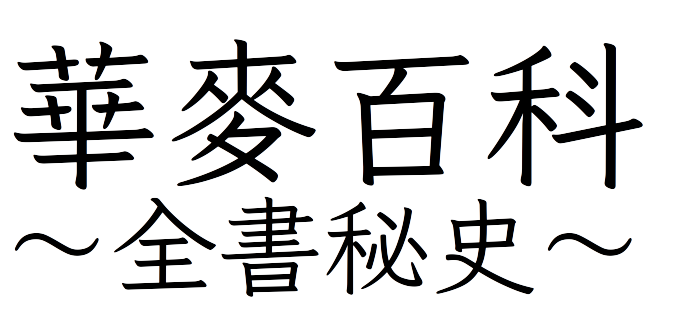「The Laws of the Chinese Soviet Republic」:修訂間差異
Xiaotuen111(留言 | 貢獻) (建立內容為「{{DISPLAYTITLE:The Laws of the Chinese Soviet Republic(English version)}} This page has recorded the laws of the Chinese Soviet Republic, which are applicable in the sovereign of the Chinese Soviet Republic. The original Traditional Chinese version is in Montesquieu Street, Tung Lam City. Translated by Xiaotuen111. 此條目記載了英文版的中華蘇維埃共和國法律條文,而此法律適用…」的新頁面) |
(無差異)
|
於 2024年11月7日 (四) 15:19 的修訂
This page has recorded the laws of the Chinese Soviet Republic, which are applicable in the sovereign of the Chinese Soviet Republic. The original Traditional Chinese version is in Montesquieu Street, Tung Lam City. Translated by Xiaotuen111.
此條目記載了英文版的中華蘇維埃共和國法律條文,而此法律適用於中華蘇維埃共和國境內。原文版位於東林市孟德斯鳩街。此法律條文由Xiaotuen111翻譯。
Constitution of Soviet
- 1 Please obey ‘The Ten Server Rules’ and this law.
- 2 If people do not obey the rules, they will be imprisoned, and the jail term will be adjusted by the Soviet Court.
- 3 Country Buildings need to have a national flag, which is a pure red flag, on the door.
- 4 Unless otherwise noted, people may take manufactures from Country Factories.
- 5 Do not edit buildings from other people without permission.
- 6 Every person in C.S.R. has rights to news, speech, assembly, and reporting.
- 7 The status of the ‘Law of Authority Definition’ is second only to this law.
- 8 People who have a ‘Chinese Soviet Republic Settlement Permit’ may apply for a public house from the Housing Bureau.
- 9 Get a license from the government first before using any land in the country.
- 10 Except for article six in this law, the country reserves any rights.
- 11 If this law has a conflict between The Ten Server Rules, based on this law.
Law of Authority Definition
- 1 The top position of the country is prime minister.
- 2 If the prime minister is the leader of other countries too, the prime minister's position will no longer to used.
- 3 After the prime minister position is no longer used, the prime minister position will be replaced by the leader of other countries.
- 4 If a senior official of the government has not been online for four months or above, the parliament may ouster the senior official.
- 5 The power of parliament is second only to the prime minister.

